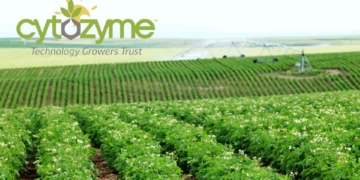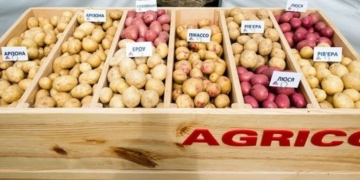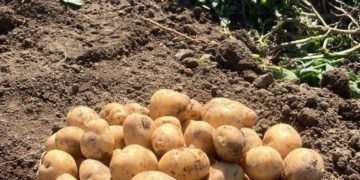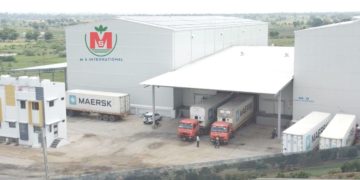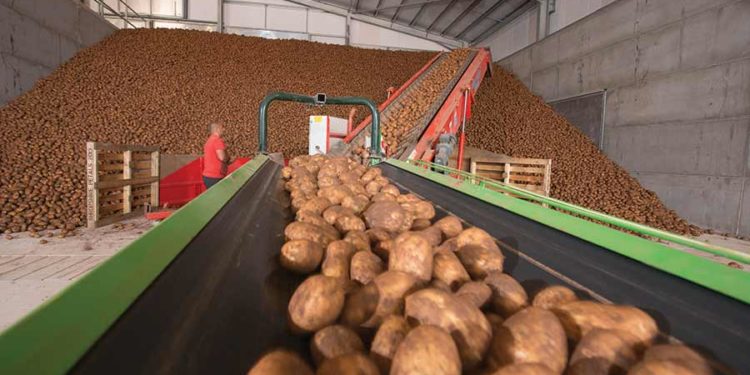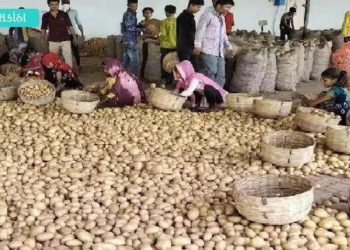Odisha Announces 50% Subsidy for Cold Storage of Potatoes.
The Potato Crisis and Its Triggers
The decision to provide this subsidy came in the wake of a recent potato crisis in Odisha. The crisis was precipitated when neighboring West Bengal, which supplies a significant portion of Odisha’s potato demand, ceased its supply.
Previous Attempts and Challenges
In 2015, Odisha launched a potato mission with a similar 50% electricity subsidy for cold storage owners. However, the mission failed to achieve its objectives:
- Potato production actually decreased from 3.02 lakh tonnes in 2015-16 to 2.90 lakh tonnes in 2018-19.
- A 2019 audit by the Comptroller and Auditor General of India (CAG) criticized the state government for failing to establish enough cold storages.
- Only 21 cold storages were set up against a target of 55 in three years.
- The promised electricity subsidy from 2015-16 was only implemented in 2021, leading many cold storage facilities to shut down due to lack of business viability.
Current Cold Storage Situation
Odisha currently has about 36 functional cold storages, which is far below the required number to effectively store agricultural produce like potatoes and onions. The state needs at least three times this number to mitigate the impact of price rises. Notably, 13 districts in Odisha lack any cold storage facilities, resulting in significant waste of surplus vegetables, fruits, and other perishable agricultural produce.
Farmers’ Perspective and Recommendations
Farmer leaders have suggested several measures to improve the situation:
- Development of mini cold storage facilities in every Gram Panchayat in the cooperative sector.
- Greater participation of producers/farmers for better benefits and year-round accessibility.
- Mandatory crop insurance facilities to protect farmers’ interests.
- Storage of high-yielding/improved seeds in cold stores for timely supply to growers.
- Timely availability of subsidized farm machinery and implements to boost crop productivity.
While Odisha’s new cold storage subsidy scheme is a step in the right direction, it remains to be seen whether it will succeed where previous efforts have failed. The state government will need to address the various challenges highlighted by farmers and ensure timely implementation of the subsidy to achieve its goal of potato self-sufficiency.

